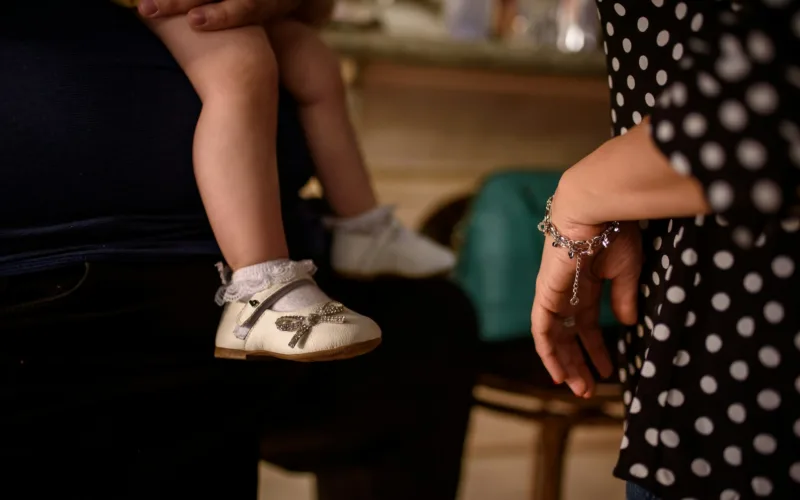Let’s talk about two important issues: custody of children and accidents caused by driving.
When it comes to taking care of kids, there are different opinions among scholars. Custody means protecting and raising a child in a good way, making sure they’re safe and well cared for.
Most scholars say that after the mother, who gets custody if she’s not able, the next best options are the mother’s mother or grandmothers. The closest relatives on the mother’s side come first, no matter how far back they go.
Some scholars believe the dad should have priority over the maternal grandmother. They argue that men are better at providing money and arranging things like marriage when the child grows up. But women usually have more knowledge and patience for raising children.
It all depends on what’s best for the child. If the mother can’t take care of them, then the grandmother might. If the father can give more support, then he might be the better choice.
There’s also a debate about whether to give priority to the mother’s relatives or the father’s. One view says the maternal side should come first; another says the paternal side is more important because of closer ties or better ability to care.
According to one opinion, the person with the most compassion and kindness for the child should get custody. That usually means giving priority to the mother first, then the grandmother, and so on.
If two relatives are equally close, then lots might be used to decide. If they are related through different sides, generally, the side closer to the child – usually the father’s side – takes precedence.
One scholar, Shaykh Ibn Uthaymin, pointed out that these rules don’t always have solid proof and can be inconsistent. He said the main thing is to consider who can care for the child best. If the parents or relatives are equal in caring ability, then the mother should generally get priority because women tend to be better at caring for children.
In the end, scholars agree that parents and grandparents should cooperate based on what’s best for the child. If they can’t agree, then a ruling from a shar’i court should be followed.
Now, about car accidents caused by speeding: if the driver was going too fast to avoid an accident that could have been prevented with reasonable speed, he is responsible.
He needs to make amends for anyone who was harmed or lost their life in the crash. This includes paying blood money (diyah) if the heirs want it.
The diyah is usually paid by the driver’s male relatives on his father’s side, known as `aqilah. If they cannot pay, then the driver must pay it himself.
The key is whether his speeding caused the accident. Experts should look into whether the speed was excessive or if other issues, like faulty brakes, contributed.
Evidence:
- The Quran says:
“And do not kill anyone whose killing Allah has made unlawful, except by right.” (Surah Al-Isra 17:33) - The Prophet (peace be upon him) said:
“The blood money for a free man is fifty camels.” (Bukhari and Muslim) - Scholars like Shaykh Muhammad ibn Ibrahim mention that if a driver is negligent—like speeding or neglecting vehicle maintenance—they are responsible for damages caused.
This shows that harming others due to carelessness or negligence makes the driver liable for the damages and the blood money, if applicable.
Bottom Line
In terms of custody, Islam offers guidance based on who is best suited to raise and care for the child, usually considering closeness and ability to do so. If there’s disagreement, a scholarly court should decide what’s best.
Regarding car accidents, if a driver was negligent, especially speeding unnecessarily, he is responsible for any harm or death caused. He must make reparations, which may involve paying blood money if the heirs demand it. The main concern is to ensure justice and accountability in both cases.
Got a question? Feel free to ask mufti and get quick answers.
MORE:


 WhatsApp Channel
WhatsApp Channel
 Instagram
Instagram
 Facebook
Facebook
 X (Twitter)
X (Twitter)
 Google News
Google News